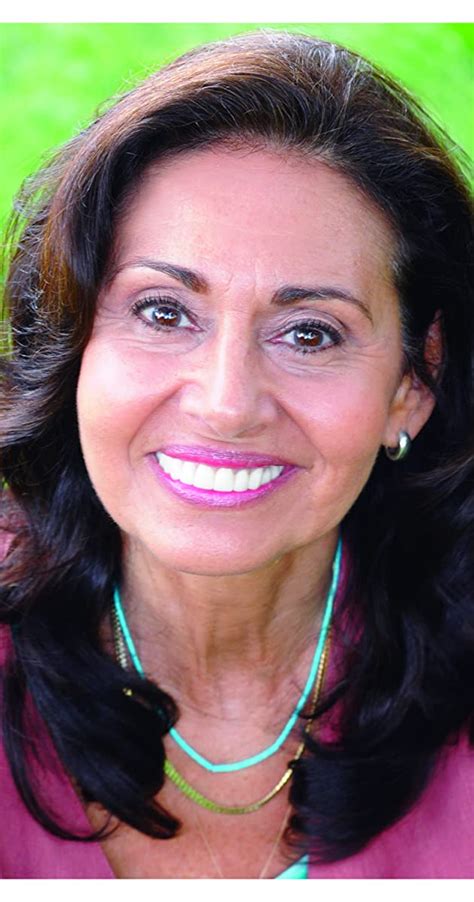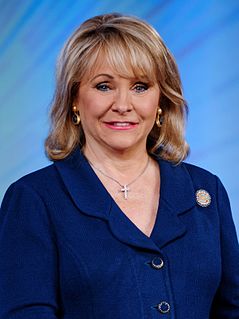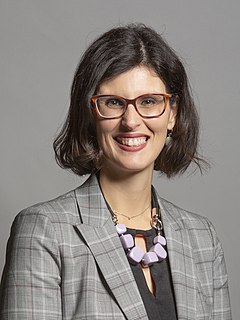A Quote by Joe Harris
I strive to view my students as unique human beings all of whom come to my classroom with a personal history, cultural perceptions and traditions, goals and aspirations as well as fears and insecurities. By employing the principles of Personalization, I am able to connect with my students in a genuine way in order to build trust, respect and rapport in the classroom.
Quote Topics
Able
Am
Aspirations
Beings
Build
Classroom
Come
Connect
Cultural
Employing
Fears
Genuine
Goals
Goals And Aspirations
History
Human
Human Being
Human Beings
Insecurities
Order
Perceptions
Personal
Personal History
Personalization
Principles
Rapport
Respect
Strive
Students
Traditions
Trust
Unique
View
Way
Well
Whom
Related Quotes
As I continue to teach, I have more to offer my students, and as I continue to teach, I have more to learn from my students. I do know some writers who feel very drained when they leave the classroom, and for me this would be a sign that maybe it's time to take a break or refocus because I always leave the classroom even more excited than I was when I walked in.
Teaching, like any truly human activity, emerges from one's inwardness, for better or worse. As I teach I project the condition of my soul onto my students, my subject, and our way of being together. The entanglements I experience in the classroom are often no more or less than the convolutions of my inner life. Viewed from this angle, teaching holds a mirror to the soul. If I am willing to look in that mirror and not run from what I see, I have a chance to gain self-knowledge-and knowing myself is as crucial to good teaching as knowing my students and my subject.




































